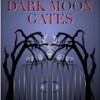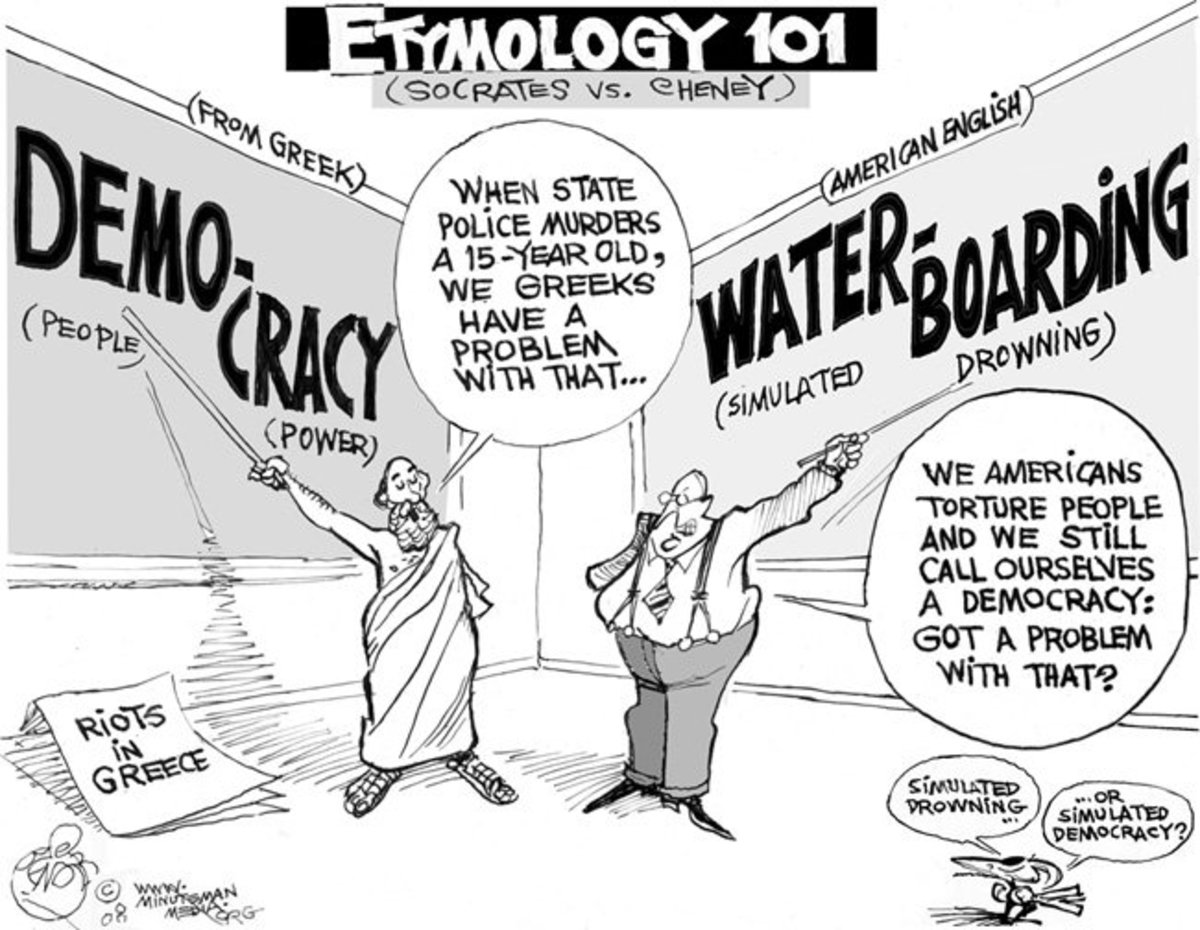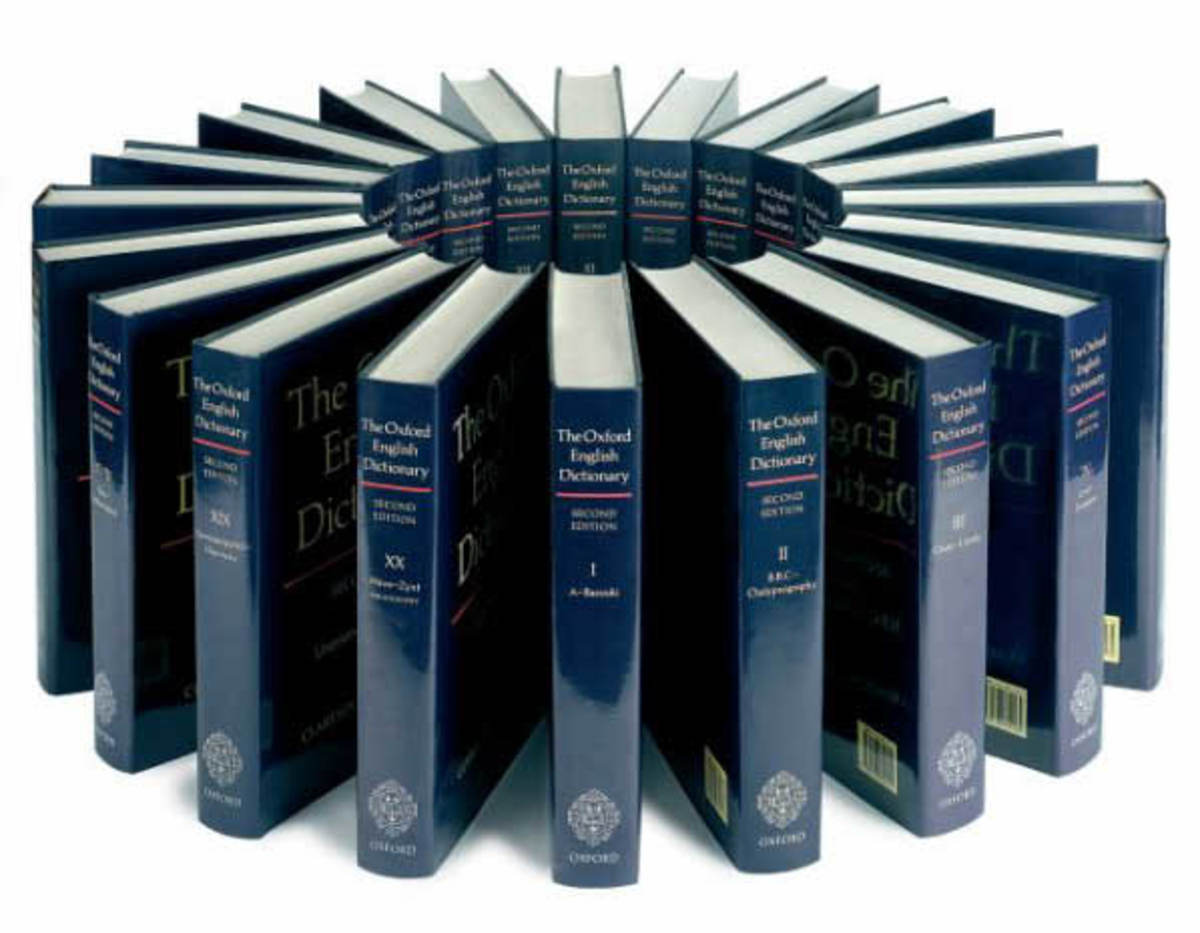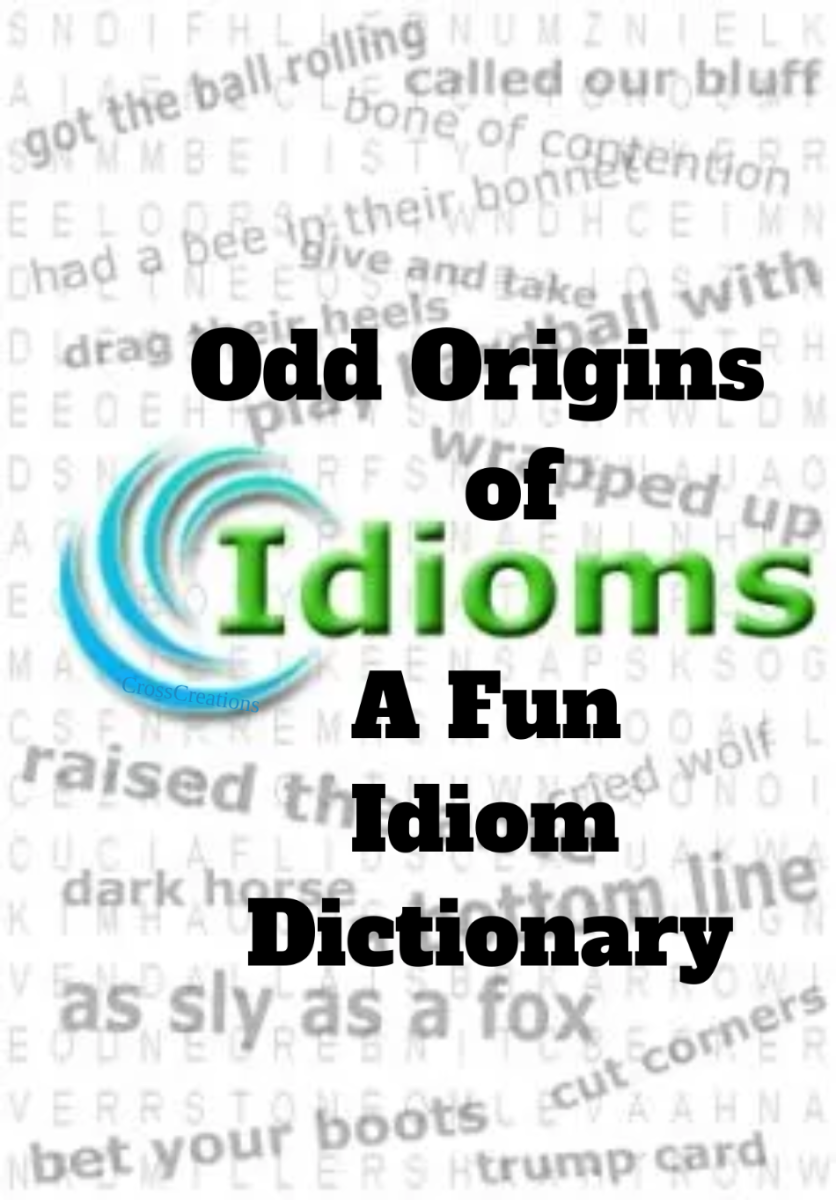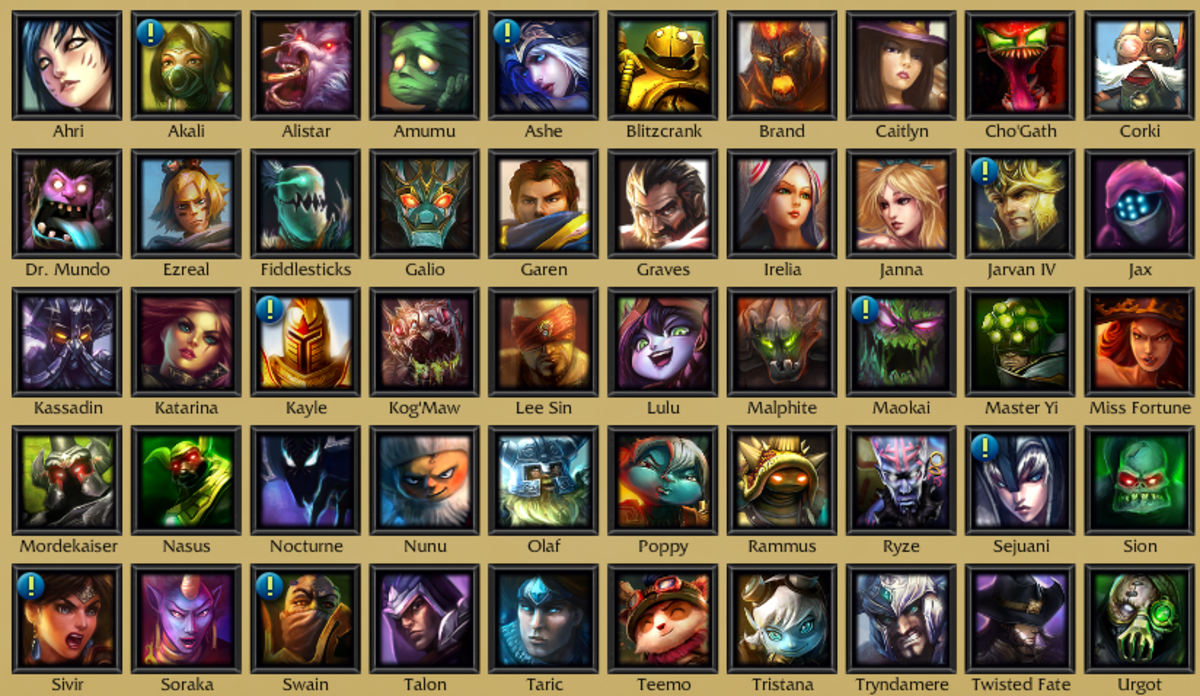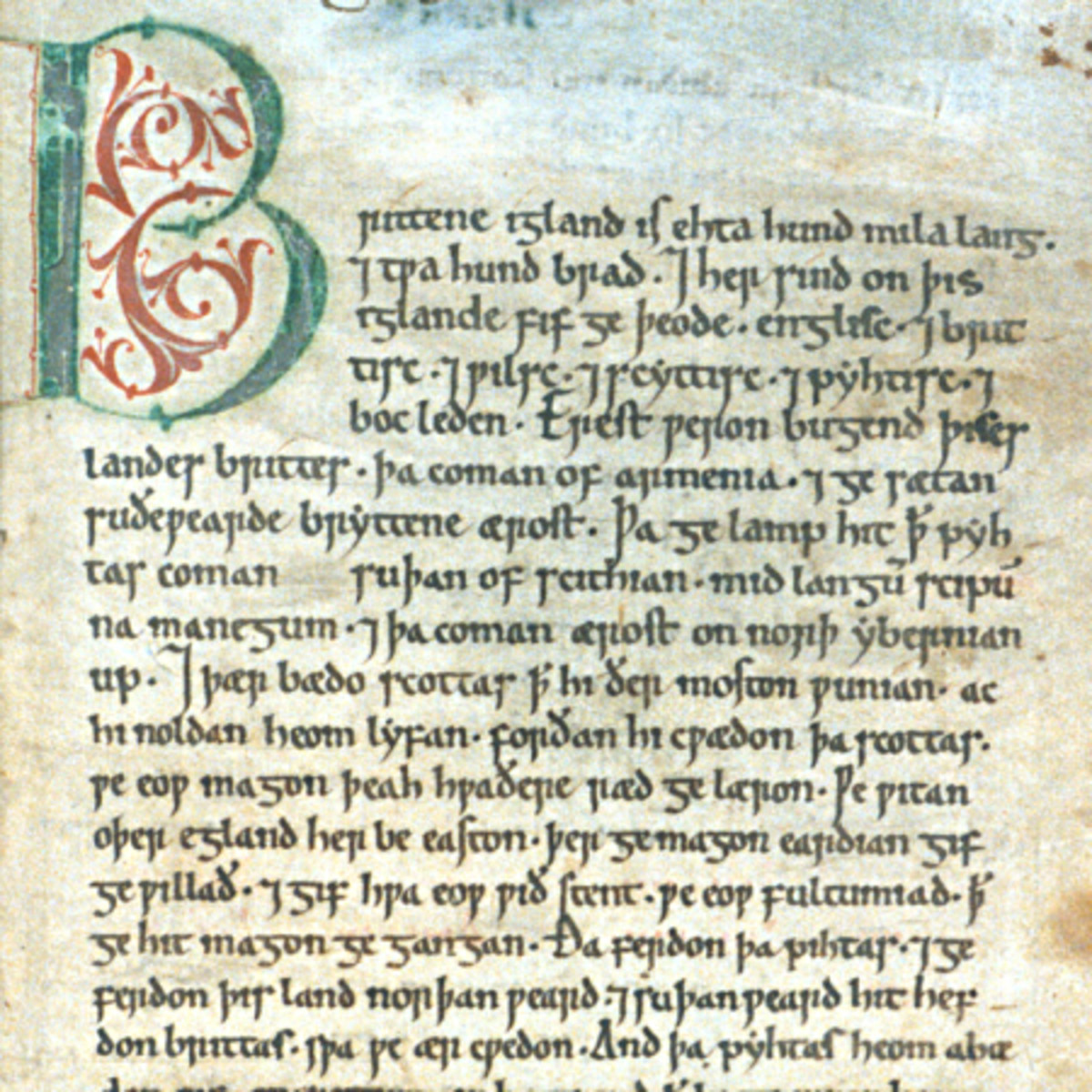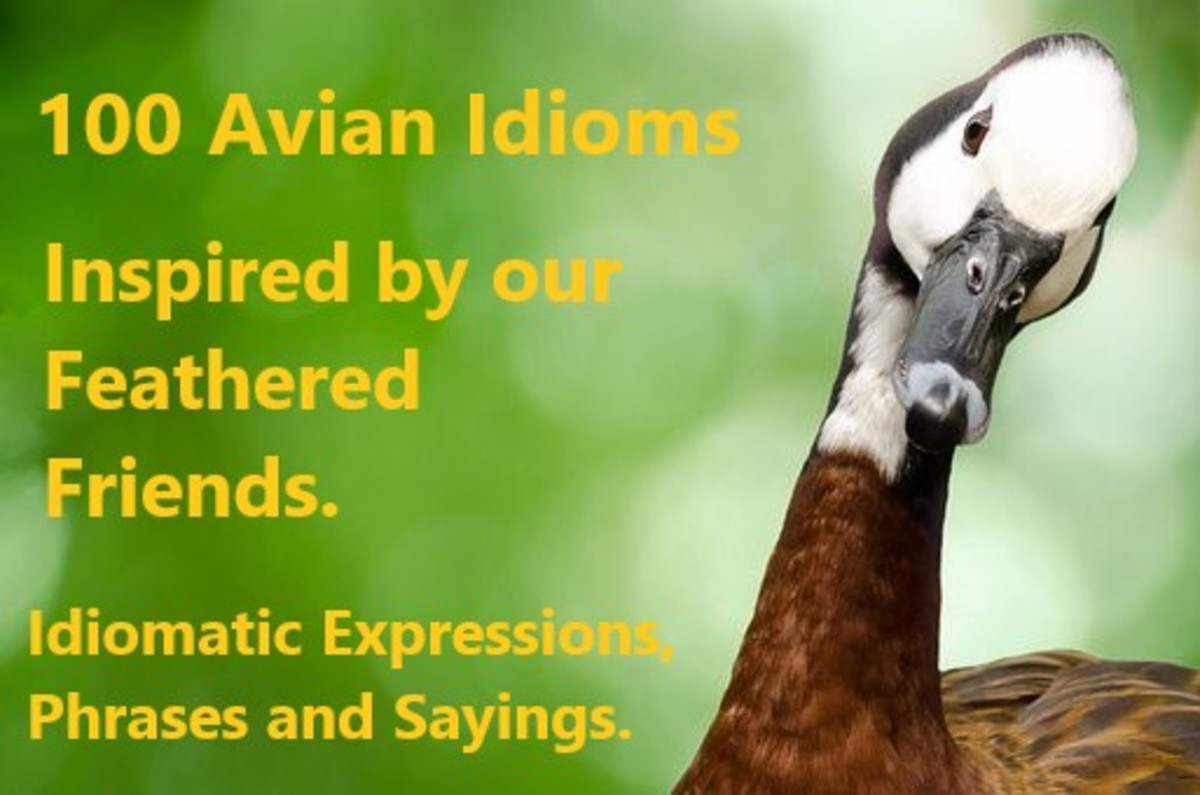Collecting Words: A Dictionary Lover's Passion
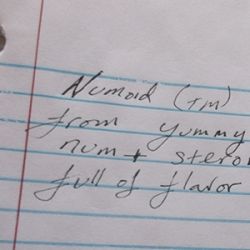
The Best Gift Ever
Perhaps one of the best gifts I was ever given is one that many folks take for granted. I'll give you a hint: It's a book. A huge, fat book, and one that almost nobody (and that includes myself) ever reads all the way through, and usually not from start to finish.
Besides, it's just so much more fun to open to a random page and see what jumps out.
That gift was...
...a Dictionary. (And a Thesaurus too!)
That's right, I'm a collector of words.
Archaic words, new words, made up words, poetic and musical-sounding words, compound words that mean something else when you stick them together, words used in new ways. Even simple words, the kind of words that get ignored unless you look at them and contemplate.
Not just the words, but the stories of where they came from.
So come join me in a brief exploration of some of my collection.
Table of Contents
The Word Game
There are two origins of my collection. One is that my grandmother was an English teacher. Once I'd gotten the basics of phonics down, she handed me a dictionary. "Here, this is how to look a word up, if you don't understand its meaning."
From that moment I had Ultimate Power (cue fiendish laughter) in my hands. I could learn anything, understand any book.
The other origin is a game that my Mom and her best friend used to play.
They were both writers, and Mom's buddy, D worked as a proofreader and editor for a large NY publishing company. They'd take turns locating obscure and interesting words and sending them to each other.
As I became interested in writing, I was allowed to play too. It's funny how many hours I could spend sitting under the apple tree in my back yard, just paging through my dictionary looking for a strange new word to share.
I find it so sad that some dictionaries actually edit out words in their new editions, to save room. OUCH! How sad for those delicious old words.
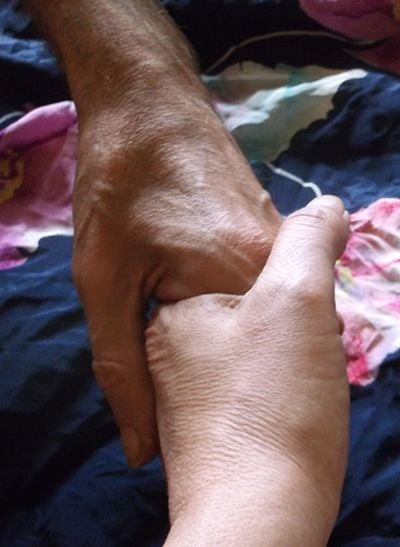
Leman
My favorite word that I recall from this game is leman, which means a sweetheart, lover, mistress or a Common-Law wife. Today we call that a "Significant Other" which sounds so cold and unromantic in comparison. Oh and it's pronounced like lemon, though I believe lee-man also works.
The root here is lief or leof, which means "dear" or "beloved" but also "ready" and "glad" and "willingly." And hmmm... Yep, directly related to the word "love." Isn't this a huge part of what we want in a relationship?
Contrast this with the word "wife" which originally just meant "a woman." From this we get words like midwife, and fishwife, and goodwife, the last of which was a title in the 1500s or so, used the way we say Mrs. today. Wife later became applied to the female partner (or during the Medieval period, more likely the female chattel) in a marriage. Not terribly romantic, huh?
Let's look at husband too. It's a relatively modern word when used in the sense of marriage -- only the 13th century. The word previously used was wer meaning "man" (the same root that "werewolf" comes from). Husband comes from hus, "house" and bondi, "dweller." Bondi was also synonymous with "peasant." The word also had connotations of mastering something, and looking over it's care and breeding. So you could husband your land and your sheep as well as your wife. Yeah that's got Valentine's Day written all over it!
One more, lets try "spouse." This comes from the Latin spondere, "to make a pledge," and is related to the Greek spendein "to pour a libation." So basically what we have here is a contract. While it's lovely that the partners pledge to each other, it still doesn't have nearly the loving feel of leman.
Okay, that's it! I'm starting a movement to replace SigOther with leman. What's nice about this word is that originally it could be applied to a beloved of either gender.
An interesting thing I learned, several years back when I was learning Swedish is that their word for love, Alskar only applies to romantic relationships. You can strongly like your mom or your dad or your best friend, but you can only Alskar your beloved. A dour bunch, those Norse!
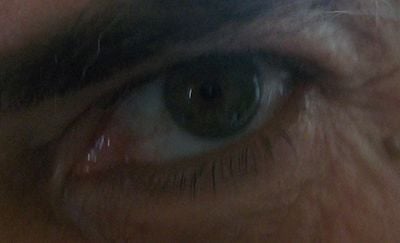
Eyeball
This is one of those words we don't really think about a lot. Oh we think about our eyes all the time. Especially if we have something stuck in one. Or we're watching a movie where someone plucks one out of a dead body to bypass an optical scanner.
(This is why I'll never use any product with a biometric lock.)
Gotta love Shakespeare. I recently learned that he was the inventor of this word. The concepts of "eye" and "ball" had been around probably since we climbed out of the trees and noticed that once out of the shade, the ball of the sun was a bit glaring to our eyes. But until Midsummer Night's Dream, when Oberon said, "To take from thence all error with his might, And make his eyeballs roll with wonted sight," no one in the history of the English tongue seems to have put those two together.
Shakespeare was a famed crafter of words. (He made up around 1700 of them!) If he couldn't find one that he liked, he'd break apart other words and mash them together in strange new ways. Just a few of the other words he came up with include "dauntless," "swagger" and "blanket," when it's used as a verb.
Sometimes even the Bard was less than poetic. For instance he came up with "co-mart" meaning, "joint bargains." To me it sounds like somewhere I'd go to pick up a 6-pack and chips at 3 a.m.
And if you friended someone on Facebook recently, good old Willy came up with that one too.
Wow! They FINALLY made the Professor and the Madman into a movie!
The OED took 70 years to write. In 1998 Mel Gibson bought the movie rights to the Professor and the Madman and it was finally released in 2019. ONLY 21 years in the making, as opposed to the time it took for the dictionary! Staring Mel Gibson and Sean Penn. I can't wait to see it! Here's the trailer:
The first part in an award winning documentary based on the Story of English book. There are several other videos in the series, which you can find on youtube.
Midsummer
While I'm being reminded of one of my favorite Shakespearean plays, lets talk about midsummer itself.
I'd always wondered why the first day of summer was called Midsummer Night. I mean, it's either the beginning or it's the middle, not both, right?
Here's the story as I've had it told to me:
Back when the Founding Fathers were starting their little experiment a big discussion arose about the calendar.
You see back in Britain, and particularly with the ancient Celts, summer started with the festival of Beltaine -- what in modern times we call May Day (The calendar has moved out of step with astrology a bit in the past few thousand years, but it's still relatively close to that day.) And for the Celts summer ended with Lammas, the Harvest of Bread, in early August. So in that calendar, midsummer was the middle of summer.
Some of the Founding Fathers were pretty ticked off at the King across the Pond and wanted no part of anything slightly British. Instead they wanted to go with the Greco-Roman calendar, where summer starts at the solstice.
As a compromise they said, "Let nature decide." Which is why on Groundhog Day it's decided whether spring starts right then (the beginning of spring on the Celtic calendar) or in 6 weeks (the Greco-Roman spring on the Equinox).
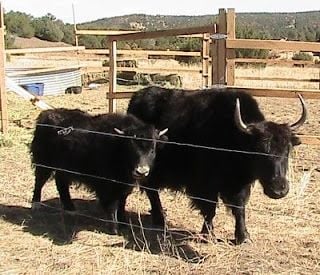
Disgruntle
How can you be disgruntled, if it's not possible to be gruntled in the first place?
Well, there was a time when you could. (Actually, I'm sure you still can, but the word itself has gone out of usage.) Gruntled is, (I bet you guessed!) related to the word "grunt." Now you'd think that if being disgruntled isn't much fun, then being gruntled would be great.
After all, dis- usually means "apart" or "away." If we disappear we go away and if we disembark we get off of something.
But no, "gruntled" means "grumbly" or "complaining."`Add the dis- to it and it means that someone's very extra grumbly. According to what I've found, the dis- in this case means "very" or "extra." How that came to be, I've no clue.
The root of the word is the Latin grunnire, "to grunt" and is the same root where we get Bos grunniens, literally "grunting ox," the Latin name for the yak. My own yaks did a lot of grunting, but they seemed to do it no matter what their mood was.
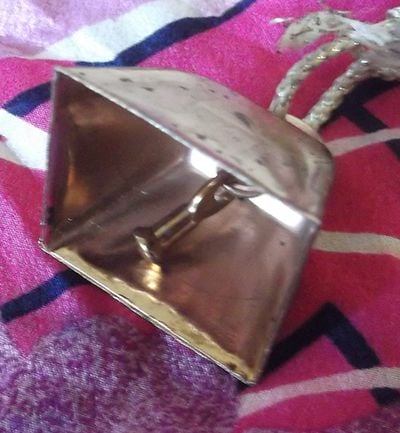
Tintinnabulation
This is one of those words that I admire because it sounds like exactly what it is, the ringing of the bells. The most basic form of the word is tinnire, Latin for "to ring" and a tintinnabulum is a small bell.
It's believed that Poe may have coined this particular form of the word in 1831. Folks don't seem to be positive on that, as various forms of the word were already in use well before.
The only problem with this otherwise nifty word is that it's hard to find an excuse to use it in a sentence. And if you do you'll come off as...well, sounding like you're just borrowing from Poe.
The word for words that sound like what they are is "onomatopoeia." Which strangely enough, doesn't sound anything like what it means.
Brabble
Another great onomatopoetic word, this means "to quarrel, brawl and squabble noisily over trifles."
I'm going to have to remember to use this one more.
"Honey, stop brabbling. It doesn't matter which of us cleaned the lint out of the dryer last, just so long as it got done."
Dictionaries, YAY!
Although the online versions are good, I like to keep hard copies that I can page though at will.
Much as I'd love to have the Oxford English Dictionary, the Websters is the dictionary I most often use. I can easily while away an hour or two digging through it and looking for new words.
One thing that saddens me is that because of the need to keep printing costs down, many publishers remove old, "out of style" words to make room for the new terms that are coming into use.
Because of that, I'm always on the lookout for old dictionaries when I go to yard sales and used book stores.
And a Good Thesaurus
As a writer, a Thesaurus is one of my must-have tools.
The English Language is one of subtle shades of meaning and there's a gigantic difference between the perfect word and the almost-right one.
I like to keep the Merriam Webster, which is in alphabetical order, and the Roget, which is organized by subject. Between the two of them (and my memory) I can usually find exactly the word I need.

Snorker
I just learned this one today. It's an archaic English word that comes from the German schnorchel, "nose" or "snout."
A snorker is, "someone who sniffs at objects the way a dog does." In other words, a nosy person. What a great visual!
My dogs are all giving me confused looks right now. "What's so bad about that, Mommy?"
According to the Urban Dictionary, the verb "to snork" means to shoot something you're drinking through your sinuses and out your nose because you're laughing so hard.
In Australia a snorker also seems to be a particular kind of sausage, probably named because it resembles a snorkel. (The dogs are much happier with this definition. But now they're looking for treats.)
Fiddlesticks
While its literal meaning is the bow from a violin, around the 1600s this came to mean "nonsense." I'm not sure why, unless it was coined by someone who hated music and dancing.
This one has a story attached. I was selling at a local flea market. In the next booth was a young mother with small children. The youngest, an adorable four-year old kept wandering past my booth, muttering something.
Every time she passed I listened, and I finally realized that she was chanting, "Fiddlesticks, fiddlesticks!"
Of course I had to ask.
"Someone at her daycare taught her a bad word," said the mom. "You know, one that starts with the same letter? So I taught her to use this one instead. It's fun for her to say, too."
Anytime I hear that word, I can't help but laugh at the memory of that cute little girl stomping past my booth and muttering her own favorite profanity.
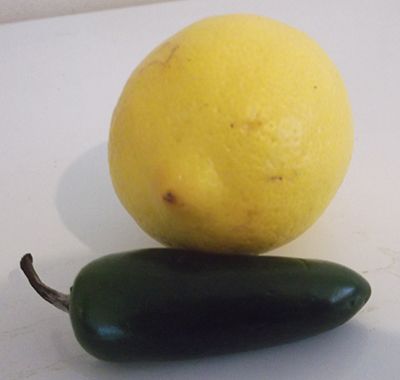
Lagniappe
This word's first known usage was from 1849 New Orleans creole. It's believed to come from the Spanish la napa, "the gift" and possibly from the Quechua yapa "something added." It's pronounced "lan-yap," though according to Mark Twain the folks in New Orleans say "lanny-yap."
It refers to a small gift that a shopkeeper gives a customer when they buy something, much like the tradition of the "baker's dozen" being thirteen. So if you were to do your grocery shopping, while you were paying and bagging up your purchases, the shop owner might throw in a head of garlic or a few peppers, or a ripe apple. Something inexpensive that makes the customer feel good and want to come back.
I love the concept behind this word. So many times, people will do only as much as they have to and not an inch more. If everyone would go just a little extra, the world might be a happier place. To me, lagniappe relates to the idea of Random Acts of Kindness. Simple things like smiling at someone on the street or holding a door for someone, or helping someone who's struggling with their bags.
My husband (my leman) has his own version of asking for lagniappe. Any time he's on the phone with some sort of customer service or tech support, when they prepare to finish the call and ask, "Is there anything else I can do for you?" he'll say, "Can you do anything about World Peace?"
Most often the question confuses folks. Hopefully they go home and think about it. But every once in a while he gets amazing and positive answers.
My Own Created Word
As a writer and wordsmith, every once in a while I get to coin my own term. Hey, if Shakespeare was allowed to do it, so can I!
A few weeks ago, my hubby and I were talking about something we wanted to cook. (We're both major foodies.) "That sounds like it's chock full of numoids," I said. Then we stared at each other in surprise.
Numoids (tm) is a combination of "nummy" (our slang for "yummy") and "steroids." Our dogs have learned the word, and if we ask, "Zen, you want a nummie treat?" (or variously "num-nums") he'll immediately sit and wait nicely for a goodie.
Don't be surprised if I start saying in my articles that a recipe has "numoid flavor."
The Care and Feeding of Words
First you have to catch a word. You can do this by browsing the dictionary or thesaurus or by finding one in a book you're reading. Just go into the word's natural habitat and it's hard not to find one. Capture it by writing it down and looking up its definition. Write that down too, if you wish.
I keep a notepad and pen near me at all times, so that if a wild word happens to peek through the bushes while I'm prowling their territory, I can snatch it up and snap it into my book.
Be aware though, that words don't thrive in captivity. Eventually you're going to have to release them. Use them in a sentence, write them into a story. Spread them around so that others can see them in all their glorious beauty and mystery.
Some Word Related Links
- Words Shakespeare Invented
A look at some of the words invented by Shakespeare. Great website. - Oxford Dictionary
The Oxford Dictionary online.
Made Up Words
Do you like playing with words? Have you ever created a word yourself? Or does your family have a word or phrase peculiar to them?
I'd love to hear about your favorite or made up word in my comments section.
This page received the Purple Star award when it was first published on Squidoo. Thank you kindly to those who recommended it.
© 2014 Lionrhod
